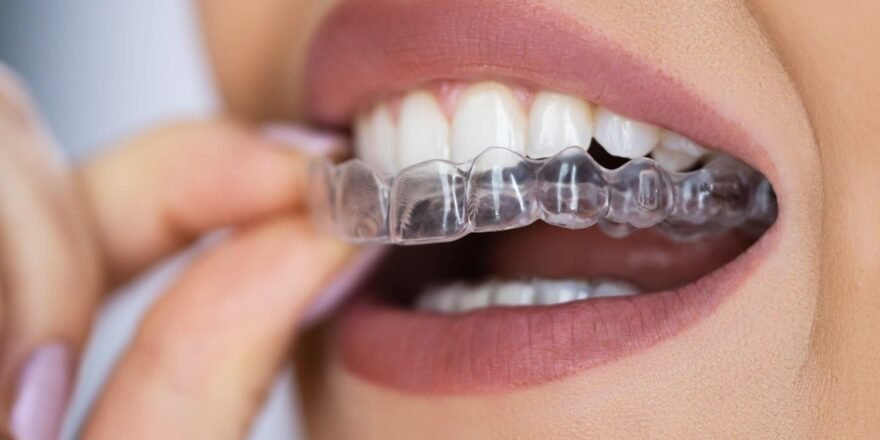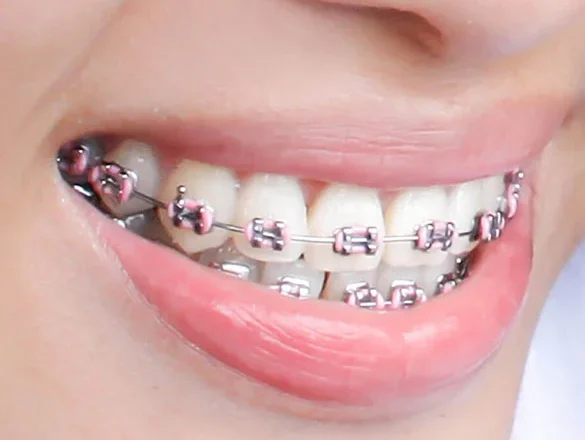Gum Disease: Causes, Symptoms, and Treatment Options
Gum disease, also known as periodontal disease, is a common yet serious condition that affects the tissues supporting your teeth. If left untreated, it can lead to tooth loss and other health problems. At Smile Dental Care Mysore, we believe in educating our patients about gum disease, its causes, symptoms, and the importance of early detection and treatment. In this blog, we’ll explore everything you need to know about gum disease and how to protect your smile.
What is Gum Disease?
Gum disease is an infection of the tissues that surround and support your teeth. It occurs when plaque, a sticky film of bacteria, builds up on the teeth and gums, leading to inflammation and infection. Gum disease starts as gingivitis and can progress to periodontitis if left untreated.
Stages of Gum Disease
- Gingivitis: The earliest stage of gum disease, characterized by red, swollen, and bleeding gums, especially when brushing or flossing. Gingivitis is typically reversible with proper oral hygiene.
- Periodontitis: In this stage, the infection spreads deeper into the gums, damaging the bone and tissue that hold your teeth in place. It may cause teeth to become loose or shift.
Causes of Gum Disease
Gum disease is primarily caused by the buildup of plaque and tartar on the teeth, but other factors can contribute to the development of the condition:
- Poor Oral Hygiene: Inconsistent or improper brushing and flossing allows plaque to accumulate and harden into tartar, leading to gum disease.
- Smoking or Chewing Tobacco: Tobacco use is a major risk factor for gum disease and makes it harder for your gums to heal.
- Genetics: Some people may be more prone to gum disease due to their genetic makeup.
- Poor Nutrition: A diet low in essential nutrients, especially vitamin C, can compromise your immune system and increase the risk of gum disease.
- Hormonal Changes: Pregnancy, menopause, and other hormonal changes can make gums more sensitive and prone to infection.
- Chronic Health Conditions: Conditions like diabetes, heart disease, and HIV/AIDS can weaken the immune system, making it harder to fight infections like gum disease.
- Medications: Certain medications, such as those that cause dry mouth, can increase the risk of gum disease.
Symptoms of Gum Disease
The symptoms of gum disease can range from mild to severe. Common signs to look out for include:
- Gum Inflammation: Red, swollen, or tender gums.
- Bleeding Gums: Gums that bleed when brushing or flossing.
- Bad Breath: Persistent bad breath or a bad taste in the mouth.
- Receding Gums: Gums that pull away from the teeth, exposing more of the tooth or its root.
- Loose Teeth: Teeth that feel loose or shift positions.
- Pus: Pus around the gums or teeth, indicating an infection.
Treatment Options for Gum Disease
The treatment for gum disease depends on its severity. At Smile Dental Care Mysore, we offer a variety of treatment options to address gum disease and help restore your oral health.
1. Professional Cleanings
For early-stage gum disease (gingivitis), a professional cleaning by a dentist or hygienist may be all that’s needed to remove plaque and tartar and restore gum health.
2. Scaling and Root Planing
For more advanced gum disease (periodontitis), scaling and root planing may be necessary. This deep cleaning procedure involves scraping away plaque and tartar from beneath the gum line and smoothing the roots of the teeth to encourage healthy gum reattachment.
3. Medications
In some cases, medications may be prescribed to help control infection and inflammation. These can include topical antibiotics, antimicrobial rinses, or oral antibiotics.
4. Gum Surgery
For severe cases of gum disease, surgical treatments such as flap surgery or bone grafts may be necessary to restore lost tissue and bone.
5. Maintenance Care
After treatment, regular check-ups and cleanings are essential to ensure the disease does not return. Good home care, including brushing, flossing, and using antimicrobial mouthwash, is crucial to maintaining gum health.
How to Prevent Gum Disease
Prevention is always better than treatment. Here are some simple steps to reduce your risk of gum disease:
- Brush and Floss Daily: Brush at least twice a day with fluoride toothpaste and floss once a day to remove plaque and food particles.
- Use Antimicrobial Mouthwash: An antimicrobial mouthwash can help reduce plaque buildup and control bacteria.
- Visit Your Dentist Regularly: Regular dental check-ups and cleanings can help catch early signs of gum disease before they progress.
- Quit Smoking: Stopping tobacco use improves your gum health and overall well-being.
- Maintain a Healthy Diet: Eating a balanced diet rich in vitamins and minerals supports your immune system and helps keep your gums healthy.
Why Choose Smile Dental Care Mysore?
At Smile Dental Care Mysore, we are dedicated to providing comprehensive care for your gums and teeth. Here’s why you should choose us for your gum health needs:
- Experienced Team: Our skilled dentists and hygienists are trained to identify and treat gum disease in its early stages.
- Advanced Technology: We use the latest technology to provide effective and comfortable treatment options.
- Personalized Care: We take the time to understand your unique needs and provide a treatment plan tailored to your oral health.




